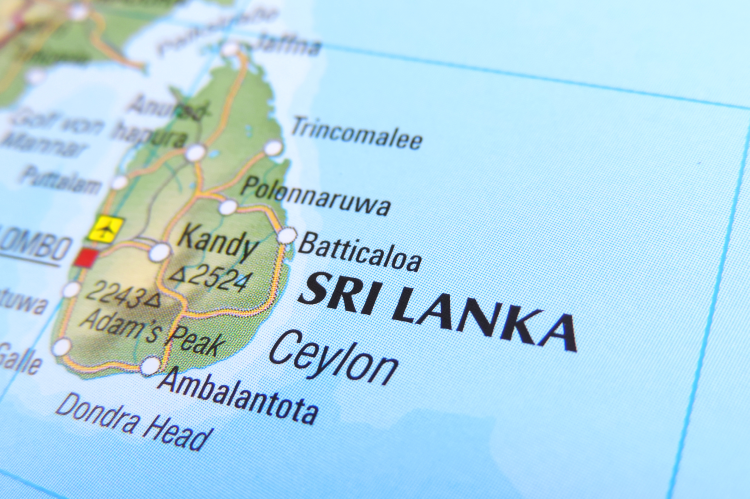
Sri Lanka's President, Ranil Wickremesinghe, on Tuesday, March 28, disclosed that his government is in discussions with India to construct an oil pipeline to transport fuel to the Eastern Port of Trincomalee.
According to a news report published by Economynext on Tuesday, Wickremesinghe made the statement during a meeting with energy investors, adding that Trincomalee had been identified as a potential location for green hydrogen production due to the abundance of renewable energy in Northern Sri Lanka.
The Trincomalee port currently has a World War II-era 99-tank farm, with a portion of the facility under the control of Lanka India Oil Corporation and the remainder under joint control of the Indian Oil Corporation and Ceylon Petroleum Corporation.
Manoj Gupta, Managing Director of Lanka India Oil Corporation, stated that discussions and studies were ongoing for a finished product pipeline. The construction of an oil pipeline to the Trincomalee port is expected to boost Sri Lanka's energy security and improve economic cooperation between the two South Asian nations.
India officials have also affirmed their commitment to helping the country boost its energy security, with New Delhi officials announcing that India will maintain its support for Sri Lanka in developing oil infrastructure, as the two nations share common interests, as reported by Business Standard on Wednesday, March 29.
According to the media report, India's Petroleum and Natural Gas Secretary, Pankaj Jain, recently led a delegation to Sri Lanka to visit prospective projects, where he called for an increase in partnerships between the two countries in the energy sector. Jain added that both nations should explore renewable energy sources, such as green hydrogen, ammonia, and compressed biogas to bolster their energy security.
Sri Lanka on Wednesday awarded licenses to Sinopec, United Petroleum Australia, and RM Parks, a US-based company with ties to British oil giant Shell, after Sri Lanka's cabinet recently approved the three companies to operate in the country. The move is part of the government's effort to boost the country's energy sector.
The three companies will each be allocated 150 dealer-operated fuel stations, which are currently operated by Ceypetco, and receive 20-year licenses to import, store, distribute, and sell oil products in Sri Lanka.
Additionally, each company will establish 50 new fuel stations at various locations.
Excluding new locations, the three new entrants will be given approximately 450 retail fuel outlets, while Lanka IOC currently operates 211 such outlets, with an Indian official stating the Sri Lankan government has authorized Lanka IOC to open an additional 50 outlets.
Sri Lanka and India agreed to jointly develop the Trincomalee oil farm after five years of discussions at an estimated cost of $500 million. The Trinco Petroleum Terminal Ltd will be 51% owned by CEYPTCO and the remaining portion by Lanka IOC. The company will develop 61 tanks and pipes connecting to the farm at $70 million.